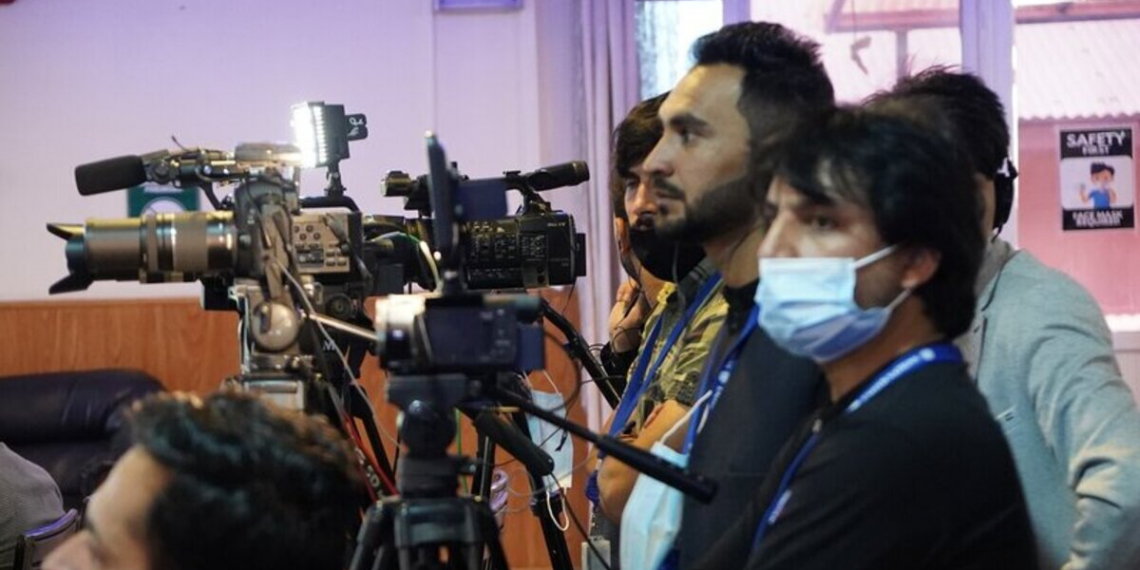At least 128 Afghan journalists and media workers have been killed in the past 20 years with the perpetrators having never been brought to justice, the Afghanistan Journalists Center (AFJC) said Thursday.
On the International Day to End Impunity for Crimes Against Journalists, the AFJC called for justice for the scores of journalists and media workers who lost their lives because of targeted attacks and organized crime in Afghanistan.
The organization said a prevailing culture of impunity continues today with most cases of violence against journalists never being pursued or prosecuted.
The US-based Committee to Protect Journalists (CPJ) released its international impunity index, ranking Afghanistan the fifth highest in the world among the countries where journalists are murdered in retaliation for their work and their killers go free.
The CPJ rated the top 12 countries as Syria, Somalia, Haiti, South Sudan, Afghanistan, Iraq, Mexico, Philippines, Myanmar, Brazil, Pakistan, and India.
The AFJC said it has recorded at least 128 Afghan journalists and media workers deaths since 2001, including 20 women.
Of the 128, at least three of the deaths have been since the Taliban returned to power in August 2021.
The Taliban are accused or suspected in 60 of the cases, ISIS-K in 39 cases, NATO forces in three of the cases, and one case is attributed to the Afghan police under the previous government.
Unknown assailants are responsible for 21 of the deaths and four cases are linked to personal disputes or inflicted by family members.
The AFJC said more than 90 percent of these deaths have never been properly investigated or brought to justice.
“The previous government was urged to combat this culture, and the current situation demands that justice be served in light of these grave events,” the AFJC said in a statement.
It urged the Taliban authorities to lift the severe restrictions imposed on the media and journalists, which in some cases have provided the basis for violence against journalists.
It emphasized that the Taliban should allow journalists and free media to act independently to reflect the voice of the people, based on the law of public media and in an environment without fear and self-censorship.
The Taliban has imposed severe restrictions on Afghanistan’s media in the last two years. Many outlets have been forced to stop publishing and broadcasting altogether and in many cases, journalists have been subjected to violence, beatings, arrests and imprisonment for their work.








